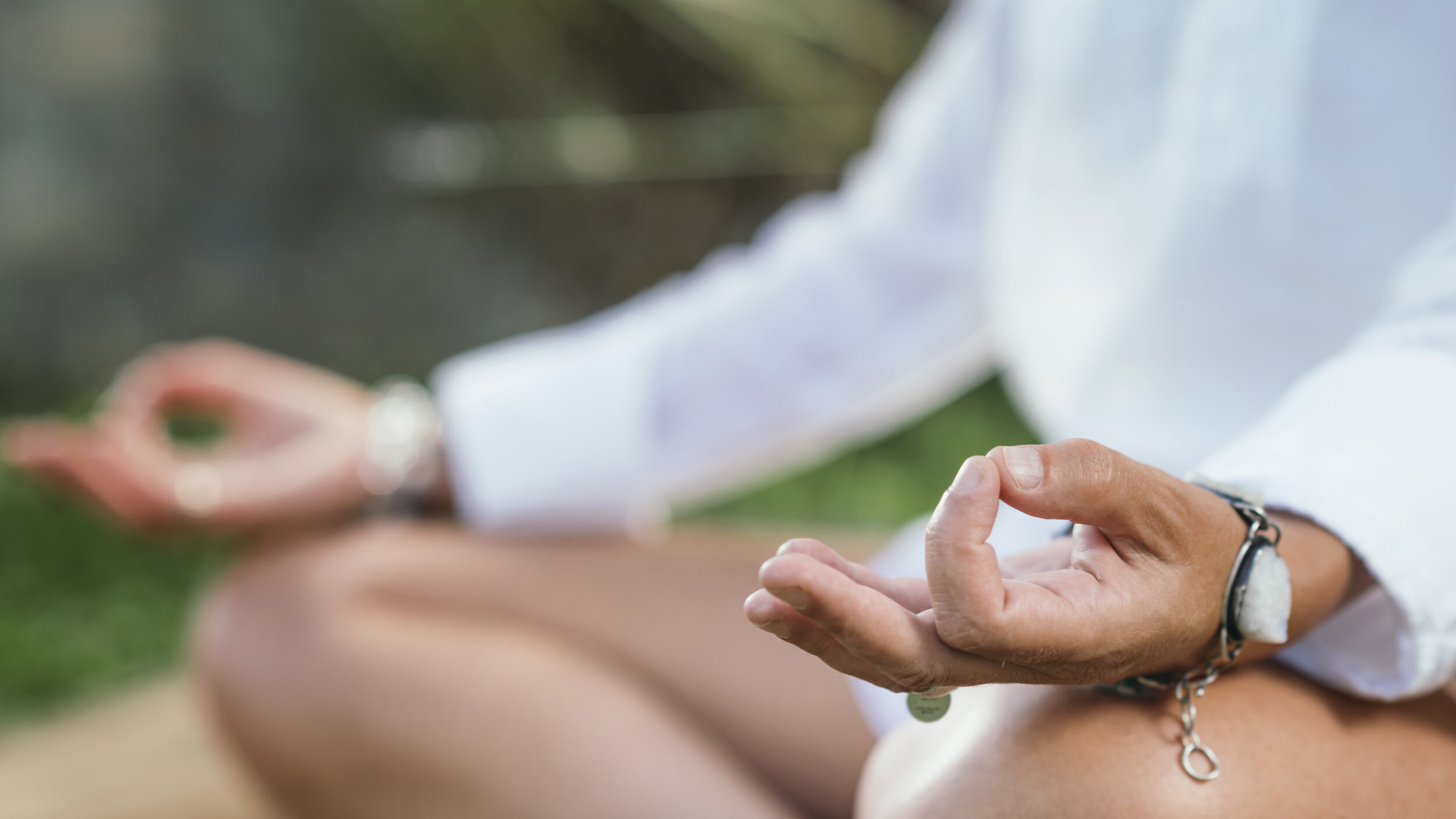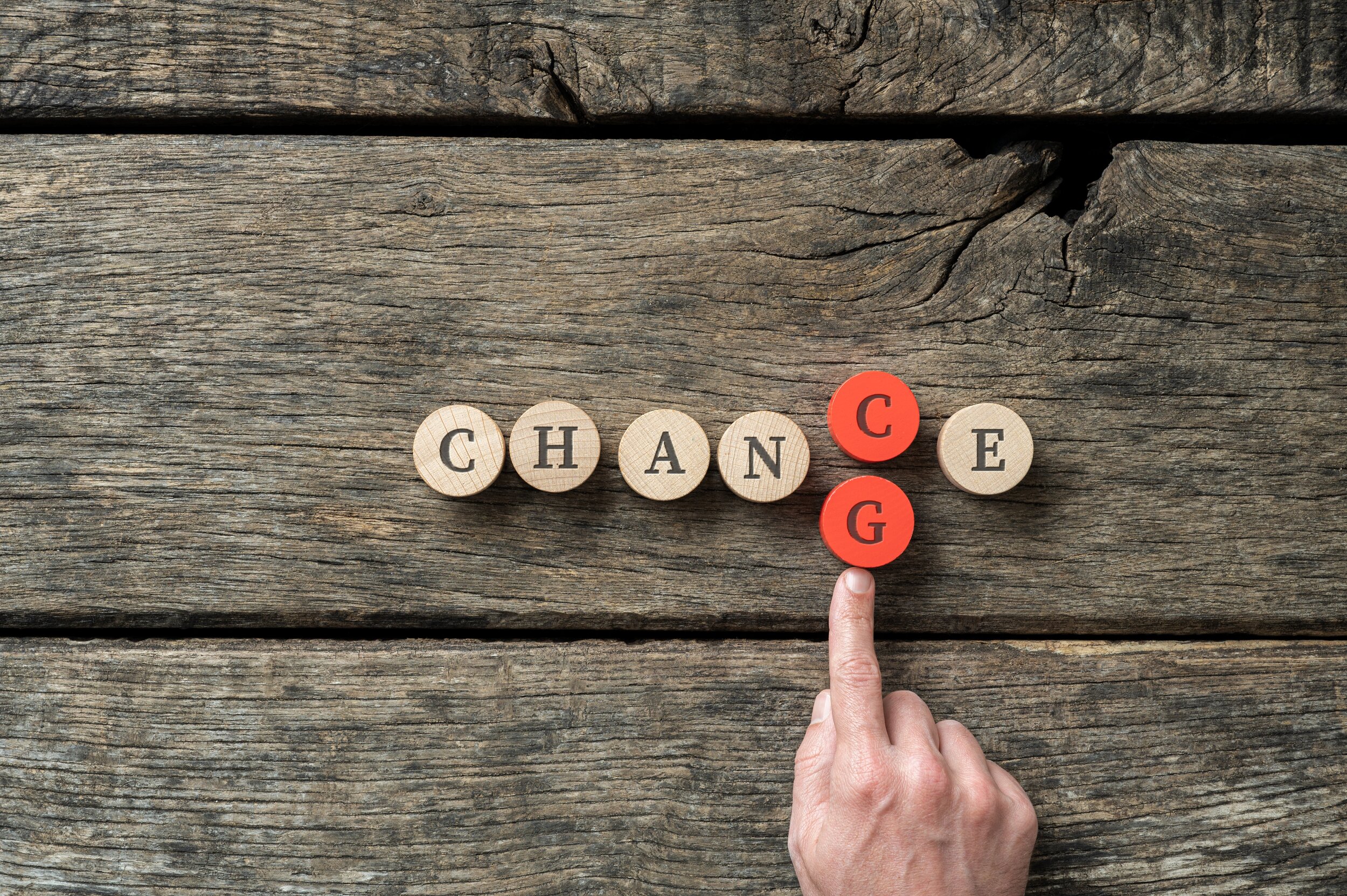
BLOG
MediMindful Moment: Meet Dr. Romie Mushtaq
In this episode of Cloud9 Online’s MediMindful Moments Podcast, co-hosts Judith Dreyer, Jeff Nelder, and Henry Edinger interview Dr. Romie Mushtaq, MD, ABIHM, Chief Wellness Officer at Evolution Hospitality, and the Founder of BrainSHIFT Protocol. Dr. Romie talks about utilizing mindfulness in the workplace and how the MediMind App has been helpful in training employees in the workforce.
In this episode of Cloud9 Online’s MediMindful Moments Podcast, co-hosts Judith Dreyer, Jeff Nelder, and Henry Edinger interview Dr. Romie Mushtaq, MD, ABIHM, Chief Wellness Officer at Evolution Hospitality, and the Founder of BrainSHIFT Protocol. Dr. Romie talks about utilizing mindfulness in the workplace and how the MediMind App has been helpful in training employees in the workforce.
Listen HERE!
Episode Highlights:
● Judith introduces Dr. Romie Mushtaq. (00:38)
● Romie shares that she’s a traditionally trained neurologist and found her path to mindfulness 10 years ago when her stress manifested as an illness and she had life-saving surgery. (1:08)
● Romie mentions that she’s the founder of the BrainSHIFT Protocol, and mindfulness is a core part of what they do for corporations and global associations. (1:51)
● Romie leads the mindful moment exercise. (3:35)
● Romie shares that skills such as emotional intelligence, being mindful, and emotional regulation were considered soft skills in the workplace. (8:51)
● Romie mentions that the definition of mindfulness in her workplace wellness programs is seen as a brain training program. (9:32)
● Romie mentions that you can't manage your business situation until you train your brain, on how to manage it. (11:38)
● Romie explains what the stress success cycle is all about. (13:59)
● Romie shares that clinical data shows that it takes four to six weeks for the positive changes to start happening, and change in the structure and the function of the brain. (15:57)
● Romie mentions that you can change the way your brain cells are functioning by meditating every day. (16:07)
● Romie shares that guided meditations are helpful, and the MediMind App has a variety of meditations. (16:51)
● Romie shares that leadership and adaptation are the two aspects that she learned from being a chief wellness officer. (19:28)
● Romie mentions that bringing in an app is helpful as a tool, but it takes leaders to help implement that. (21:40)
● Romie explains the 21-day study that they do at Evolution Hospitality. (22:14)
● Romie thinks that what mindfulness has taught us is self-awareness. (28:06)
● Romie mentions that they have a group of 55 technology executives that are finishing up her brain shift protocol, and they use the MediMind app and are doing well. (31:37)
Key Quotes:
● “I went on a journey around the world to learn about mindfulness and integrative medicine. I came back, became certified and now I'm a woman on a mission to transform the brain and mental health in the workplace.” - Dr. Romie Mushtaq
● “Soft skills are actually essential for leaders and for a workforce to feel engaged, happy, and productive in the workplace. And mindfulness is a core component to creating a happy workplace.” - Dr. Romie Mushtaq
● “Mindfulness is that brain training, to say, Hey, I don't want my brain to be hijacked by stress and negativity. I want to be able to be focused, and now be able to control my emotions. And that's why mindfulness is so important in the workplace.” - Dr. Romie Mushtaq
● “When we meditate, something that’s known as the relaxation responses elicited in that airport traffic control center and within about five minutes, boom! That stress response is turned off, your airport traffic control center of the brain is no longer hijacked.” - Dr. Romie Mushtaq
Resources Mentioned:
A Very Short History of Studying Mindfulness in Healthcare
In 1979, John Cabot-Zinn began a program called Mindfulness-Based Stress -Reduction (MBSR) that combined simple yoga postures with meditation. He sought to offer an alternative approach to pain relief. There were no studies back then. Today books upon books abound on the subject. In fact, in 2017, “in the Journal of Psychiatric Research, Australian researchers reviewed findings from 45 studies. They concluded that MBSR is associated with lower levels of stress-related hormone cortisol.” These conclusions play a huge role in opening doors to chronic diseases, fatigue, lower work performance, and more. Factor in today’s uncertainties, political, and social unrest, and here does that leave our emotional, physical, and mental wellbeing?
by Judith Dreyer, MS, BSN
In 1979, Jon Kabat-Zinn began a program called Mindfulness-Based Stress -Reduction (MBSR) that combined simple yoga postures with meditation. He sought to offer an alternative approach to pain relief. There were no studies back then. Today books upon books abound on the subject. In fact, in 2017, “in the Journal of Psychiatric Research, Australian researchers reviewed findings from 45 studies. They concluded that MBSR is associated with lower levels of stress-related hormone cortisol.” These conclusions play a huge role in opening doors to chronic diseases, fatigue, lower work performance, and more. Factor in today’s uncertainties, political, and social unrest, and where does that leave our emotional, physical, and mental wellbeing?
Whether one is under stress or has high blood pressure, dealing with cancer or opioid addiction, programs and studies exist today that measure the results mindfulness bring to our wellbeing. Hospitals, clinics, and private practices are useful settings to conduct investigations, and that is happening all over our country.
Mindfulness research has grown rapidly, and driven a broad wave of adoption. According to the American Mindfulness Research Association, there were 1203 studies performed in 2019 alone. “Aetna, one of the world’s largest health insurers, now has a chief mindfulness officer; mindfulness is taught in grade schools, high schools, and colleges; and now UMass has become the first university whose medical division contains a Division of Mindfulness.” (https://www.mindful.org/the-medicine-of-the-moment/)
Mindfulness research is not only driving adoption, it is showing that these practices create positive changes in the brain due to neuroplasticity. Mindfulness “increases cognitive flexibility, allowing people to see stressful situations from different perspectives. “
Within just a few breaths, mindfulness can take us off autopilot, and return us to the current moment. In those “now” moments when we focus on the in-breath and the out-breath, we change our biochemistry. Although mindfulness is not a cure-all, it supports our body’s rest-and-digest functionality as it gives us the ability to pause and notice our world a bit differently over time.
The trend in research has been so positive that leading medical institutions now dedicate resources, and even whole divisions to further the study and application of mindfulness towards our wellbeing.
Jon Kabat-Zinn started in a basement, offering classes when mindfulness practices were not understood. Today we have institutions and healthcare professionals across the country, and the world, committed to understanding mindfulness for our society’s overall wellbeing. This is why you can read about a major insurance company with a mindfulness officer, or research studies using the MBSR model into how mindfulness helps humanity for issues as diverse as alleviating anxiety, all the way to improving work performance. Thanks Mr. Kabat-Zinn!
Change or Chance?
Complementary and Alternative Modalities (CAM) receive a lot of press these days. The COVID-19 pandemic forced us home and socially distanced us. What do we do when we don’t have to be in traffic, physically get to work? In other words, what happened to us when some of our daily business, school, and home activities stopped or redirected? What happened to you if you were a first responder or medical personnel on the front lines?
by Judith Dreyer, MS, BSN
Complementary and Alternative Modalities (CAM) receive a lot of press these days. The COVID-19 pandemic forced us home and socially distanced us. What do we do when we don’t have to be in traffic, physically get to work? In other words, what happened to us when some of our daily business, school, and home activities stopped or redirected? What happened to you if you were a first responder or medical personnel on the front lines?
Change is probably the one thing we resist the most. For some, being home was a welcomed relief despite redirection. For others, life was intense figuring out how to be with family day in or day out, working all online, homeschooling, or with young children or being totally isolated.
No matter the situation, I bet you fit in different shows, maybe took a class, or signed up for webinars, maybe experienced more quiet time, alone time than usual.
Here at Cloud 9 Online, we hope you looked at your daily habits and routines. We encourage you to add a mindful practice, a meditation to your daily routine. I sent my family working on the front lines in the hospitals one of our “Supporting Your Immune System” meditations by Jeff Nelder, our Chief Mindfulness Officer.
Meditation, contemplation practices are not new. But, for some reason, we in the west want what we do quantified, measured in some way. I love our curiosity, our eagerness to prove what the ancient sages advised. Today technological innovations are giving us more and more tools to do just that: to investigate how mindful practices work in our brain. What’s healthy and what’s not.
What mindful practice works best for you? How much time do you have to spend? Breathing awareness, deep yawning, walking all contribute to redirecting our “monkey mind” brain to quiet down. Adverse news reports, disrupted schedules, and uncertainty can be frustrating and disheartening.
Andrew Newberg, MD and Mark Robert Waldman in their book, How God Changes Your Brain, suggest that a basic brain-enhancement program including breathing, relaxation, and meditation for twenty or forty minutes changes our brain’s connectivity. If you are not able to spend that much time, then adjust the timing to fit your schedule. These researchers and practitioners have looked at studies that measure brain activity in active and advanced meditators to explore the question: Do these practices change our brain?
“ Our brain-scan studies of contemplative forms of Buddhist and Christian mediation show that when activity in the parietal areas decreases, a sense of timelessness and spacelessness emerges. This allows the meditator to feel at one with the object of contemplation: with God, the universe, peacefulness, or any other object upon which he or she focuses.”( Pp. 51-52.) Further on, they state that advanced or disciplined practitioners reach a state of oneness with all.
Cloud 9 Online offers you our MediMind app - free for 90 days. Got Stress? Choose MediMind Meditations for your daily practice. Try it for yourself: https://www.c9ohealth.com/download
Brain and Mindfulness in the Time of Uncertainty
“To understand the immeasurable, the mind must be extraordinarily quiet, still.”– Jiddu Krishnamurti
Classics withstand the test of time. The works of Shakespeare, for example, reverberate today in theaters across the world, move us and have for a few centuries. So too with mindfulness practices. Sitting in stillness, observing breath, meditating whether conscious, guided imagery, or using sound are nothing new.
by Judith Dreyer, MS, BSN
“To understand the immeasurable, the mind must be extraordinarily quiet, still.”– Jiddu Krishnamurti
Classics withstand the test of time. The works of Shakespeare, for example, reverberate today in theaters across the world, move us and have for a few centuries. So too with mindfulness practices. Sitting in stillness, observing breath, meditating whether conscious, guided imagery, or using sound are nothing new.
Today with the difficulties we face on many levels and working from home, we have an opportunity to include mindfulness practices. We can sprinkle them within our day to rejuvenate our approach to work and family.
The 2017 National Health Survey found that U.S. adults use of meditation in the past twelve months tripled between 2012-2017. (from 4.2 % to 14.2%) https://www.nccih.nih.gov/health/meditation-in-depth[1]
Why are we turning to mindful practices? Why could they be important to include in our daily life?
The NIHCAM reports ongoing studies are showing a positive health response to folks experiencing pain, high blood pressure, IBS, Ulcerative Colitis, anxiety, depression, and insomnia when including a meditation practice into their daily routine. And that meditation practice in particular “can affect activity in the amygdala (a part of the brain involved in processing emotions), and that different types of meditation can affect the amygdala differently even when the person is not meditating. “
What I find fascinating is that meditation studies also suggest that this mindful practice may slow, stall or even reverse changes in our brain as we age. As our population gets older, keeping healthy, strong, and vital on all levels are worthy goals. We retire from employment, have more time to create healthy routines that nourish body, mind, and soul.
What else happens in our brain with mindfulness attention? In How God changes your Brain, by Dr. Andrew Newberg and Mark Robert Waldman, researchers found that spiritual practices increase dopamine levels by 65%. We know that dopamine creates increased sensory imagery, generates pleasurable experiences, stimulates positive thoughts, increases your sense of well-being and allows you to feel safe in the world.” (p. 55)
Brain image studies are suggesting that long term meditators “have more folds in the outer layer of the brain. This process, (called gyrification) may increase the brains ability to process information.” (NIHCAM :https://www.nccih.nih.gov/health/meditation-in-depth )
Today, uncertainty over finances, jobs, culture, social unrest, travel restrictions can steal our inner calm. Do we feel safe? Can we face all the uncertainties and isolation with more inner peace?
Here at Cloud 9 Online we suggest that yes, we can create more inner clam as we live with and live through these changes. We offer a meditation app for free for a limited time. Easy to find and use on all devices allows you to include meditation, sound in your daily life.
Remember: breathe in... breathe out... with mindfulness. Enjoy your day.
1. https://www.nccih.nih.gov/health/meditation-in-depth
2. https://www.nccih.nih.gov/health/meditation-in-depth[2]
3. How God Changes Your Brain, by Dr. Andrew Newberg and Mark Robert Waldman




